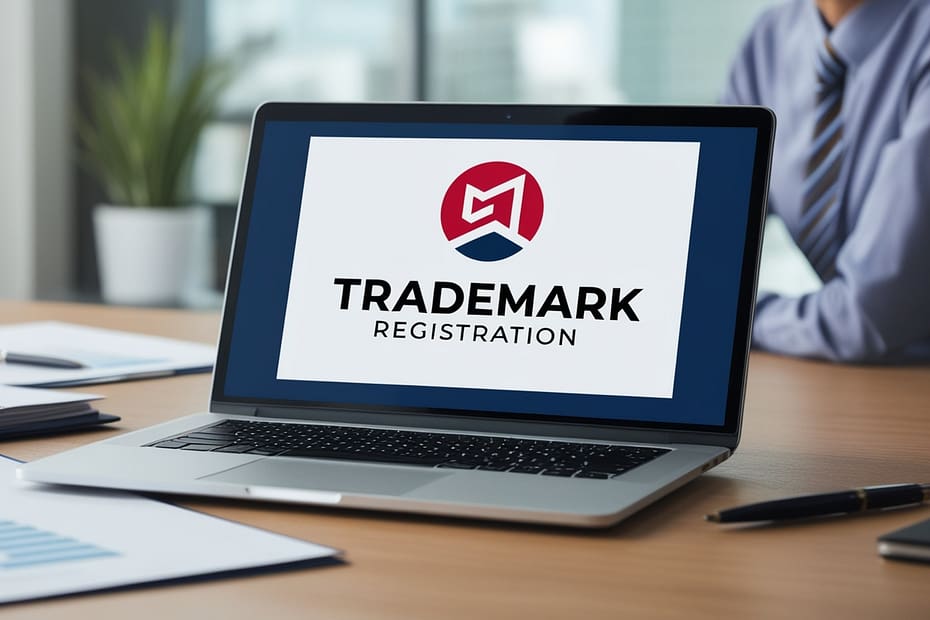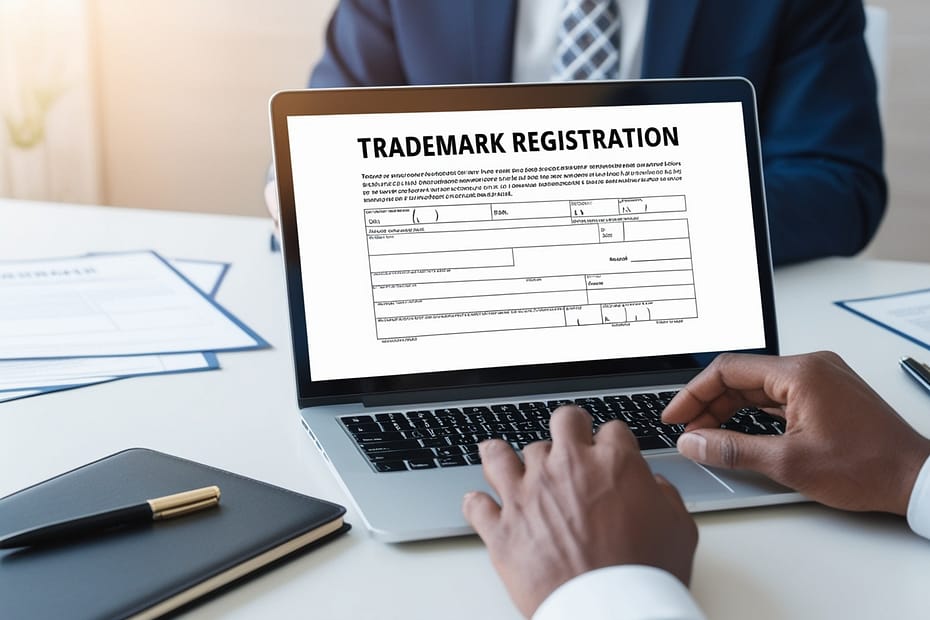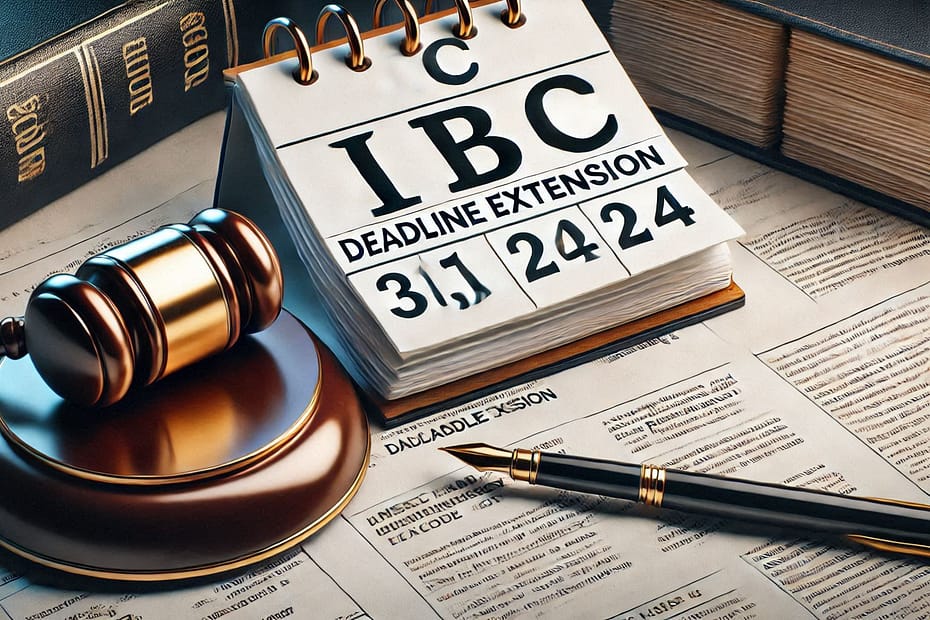Understanding the Trademark Renewal Process in India: A Complete Guide
Introduction Registering a trademark is a critical step in protecting your brand’s identity, but the journey doesn’t end there. To ensure your trademark remains valid and enforceable, you must renew it periodically. In India, trademarks… Understanding the Trademark Renewal Process in India: A Complete Guide










